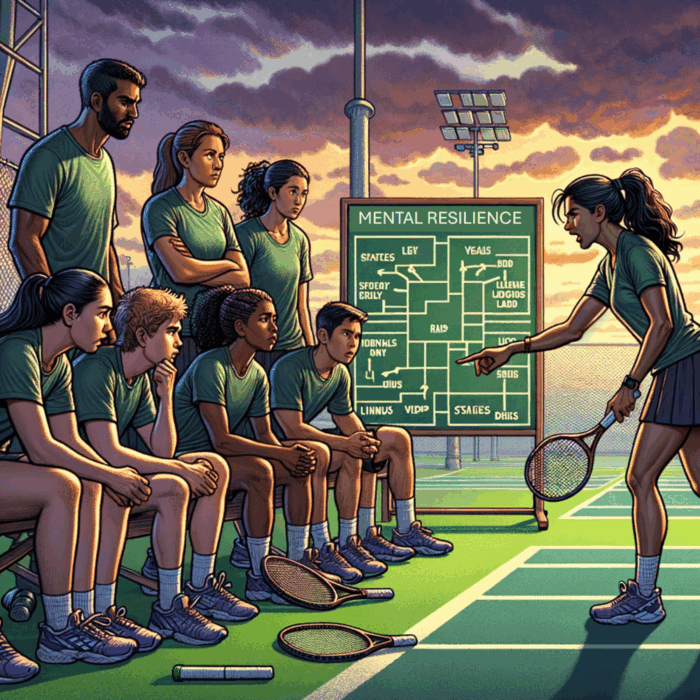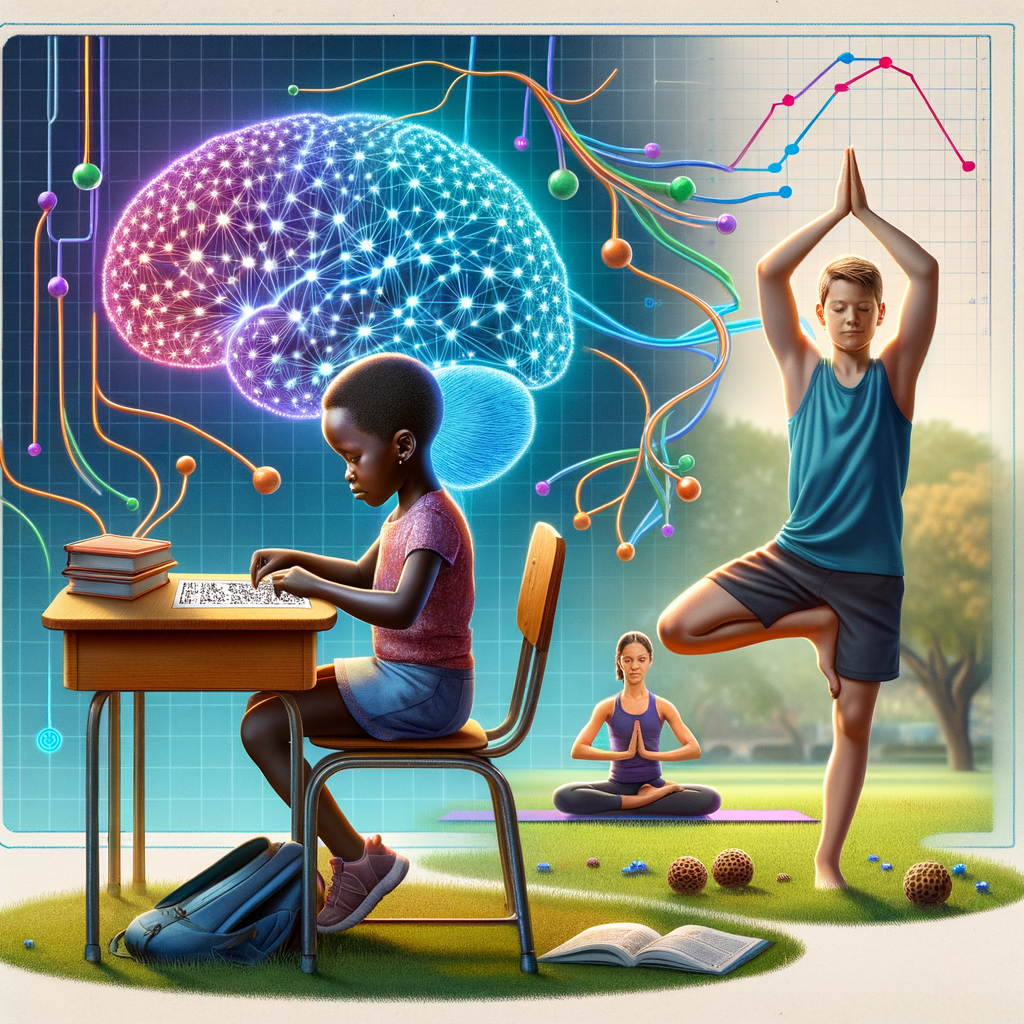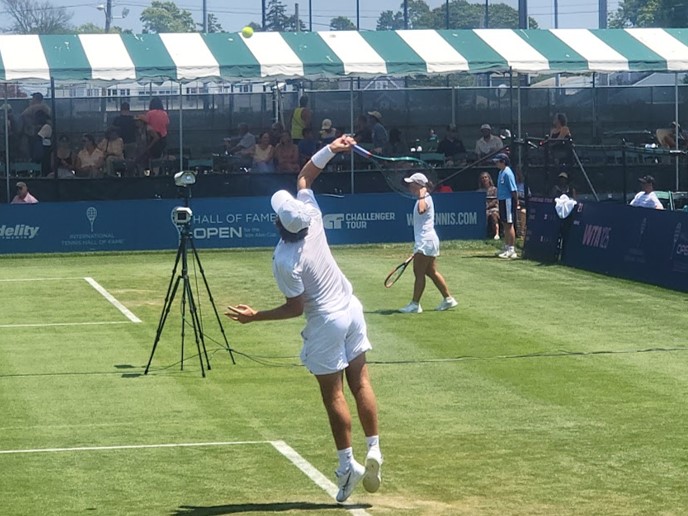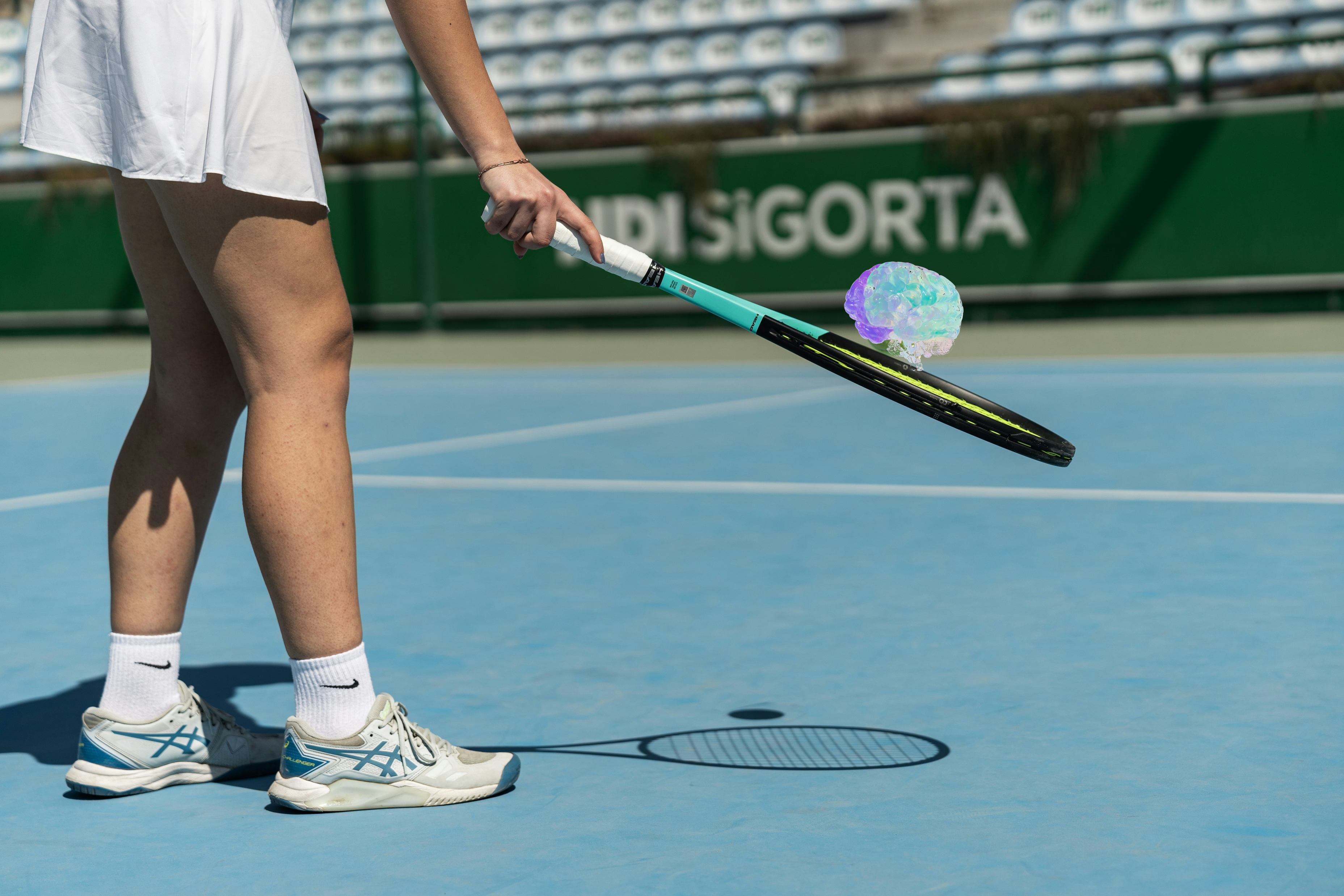Zen and the Art of Losing Finals Gracefully (While Silently Screaming Inside)
There’s something mythic about reaching the finals of a tennis tournament—especially when it’s on a famous island, the kind of place where the courts smell like salt air, the vibes are equal parts prestige and pressure, and the players all seem just a little more dialed in. It was one of those three-day USTA marathons. My partner and I had fought our way through a gauntlet of competitive matches, managing to punch our ticket to the final. And then… we didn’t exactly punch back. Let’s just say it was not our Mona Lisa of match play. We were running low on fuel—physically, mentally, and perhaps spiritually. My body felt like it was running a step behind, and my partner, who’d just finished a singles marathon of his own, was in warrior mode but understandably depleted. Our performance was what you’d call “well-intentioned.” Not terrible, but not nearly what we knew we could do. So here’s the real kicker: how do you deal with that kind of loss? A high-stakes match where you know, deep down, that it wasn’t your best? Where circumstances—fatigue, nerves, recovery gaps—got the better of you? Where you're trying to radiate sportsmanship externally while managing an internal monologue that sounds like a wrestling match between Yoda and your inner critic? That, my friends, is where Zen and the Art of Losing Finals Gracefully begins.




